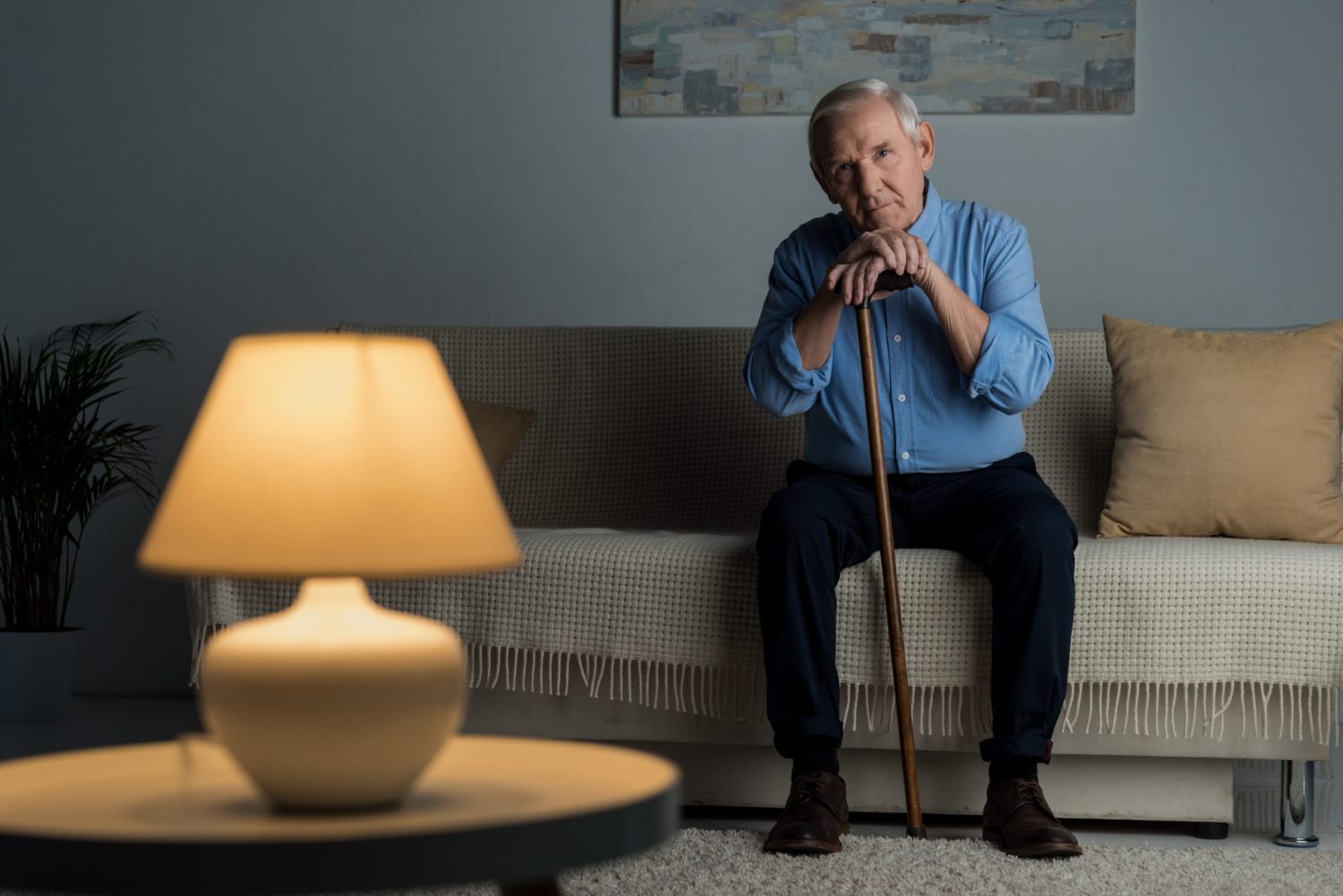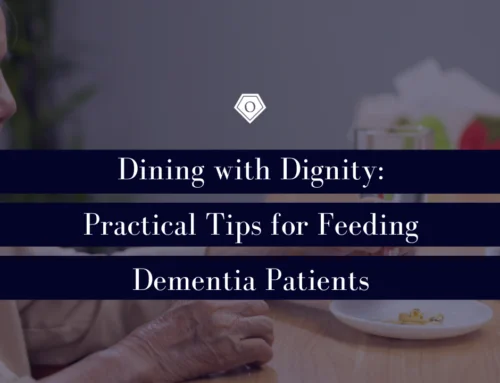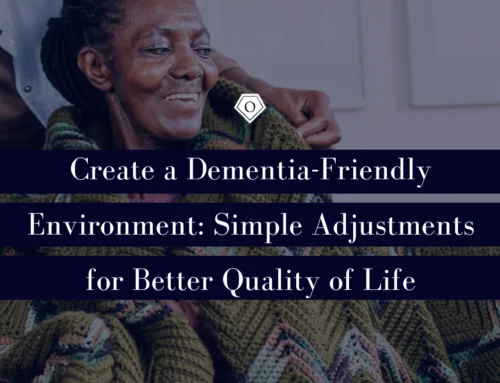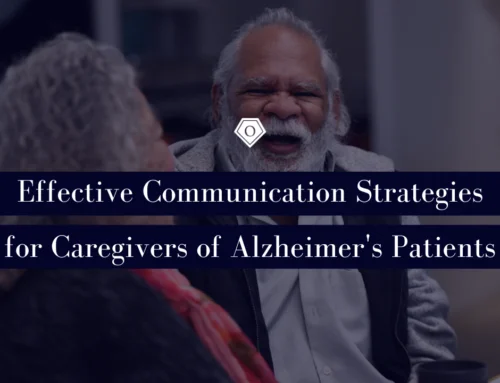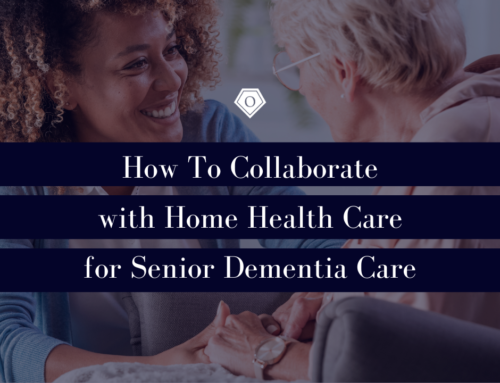Have you noticed an elderly loved one smells funny, is losing or gaining weight, or seems forgetful?
It usually falls on adult children to determine if a parent needs care and the conversation is not easy. The list below will help you determine whether or not that talk is necessary. If you decide that your loved one needs help, arm yourself with information.
Signs It’s Time To As For Help:
- Difficulty Managing Medication
- Upcoming Hip Replacement Surgery Or Major Surgery
- Increasing And Changing Medical Needs
- Chronic Health Condition That Requires Monitoring
- Difficulty Recovering From Illness
- Use Medical Equipment, Such As An Oxygen Tank
- Missing Important Appointments
- Poor Diet Or Weight Loss
- Feel Forgetful, Confused, or Lost
- Sleep More Often Or Have Less Energy
Many adult children decide that they’d like to tackle caregiving before enlisting home health care or choosing a long-term care facility for their loved one.
If you decide to become a family caregiver, consider that caring for an elderly parent or loved one should not mean quitting your job, losing life balance, or neglecting your health. Too often, family caregivers take on the task and ask for help after their wellbeing is severely compromised. To serve others, you have to put your oxygen mask on first. When you decide to take on the role of caregiver, keep an eye out for the signs below.
Signs You Need Assistance:
- You no longer see friends or family.
- You have miss doctor’s appointments.
- You are gaining or losing too much weight.
- There is no time for hobbies or downtime.
- You have irregular sleep patterns.
- You have “I can’t do this anymore” thoughts.
- You feel anxious or depressed.
Home health care allows elderly loved ones to stay in the family home while offering caregivers support. In addition, nursing care from home ensures aging adults receive medications correctly and other medical needs are addressed as conditions evolve.
Senior living and memory care facilities are not the only options for elderly family members. And caregiving does not have to feel draining or impossible. Home health care offers the support needed for seniors to thrive all from the comfort and safety of home. Home health care can also start as simple personal care services, so family caregivers don’t have to handle battles like bathing or toileting. These services can increase or decrease over time based on needs.
You are not alone in this journey.

